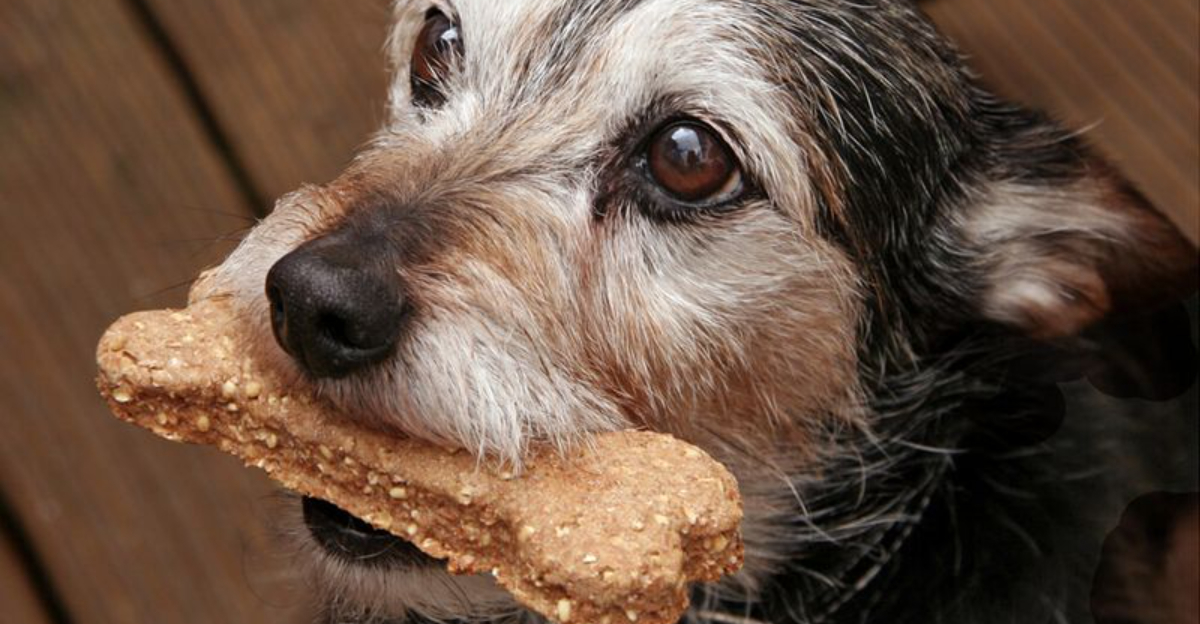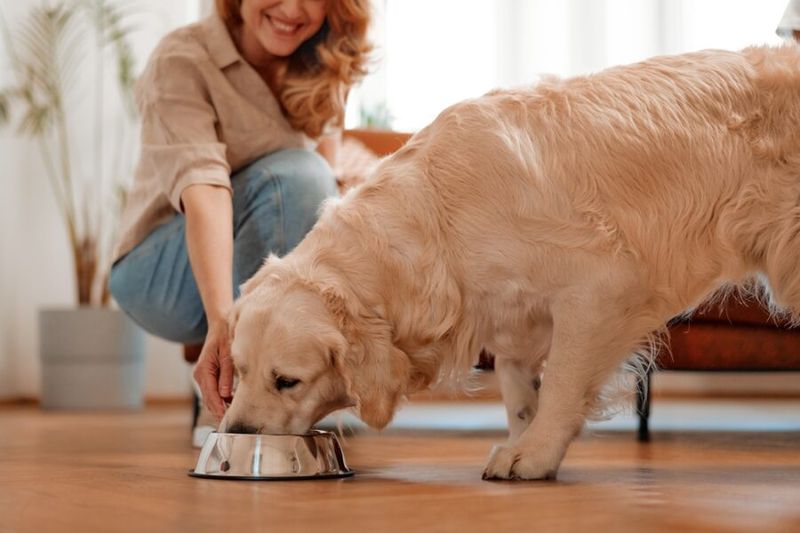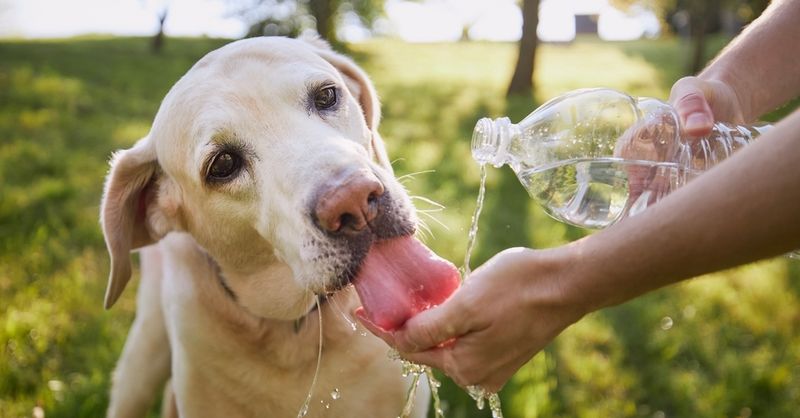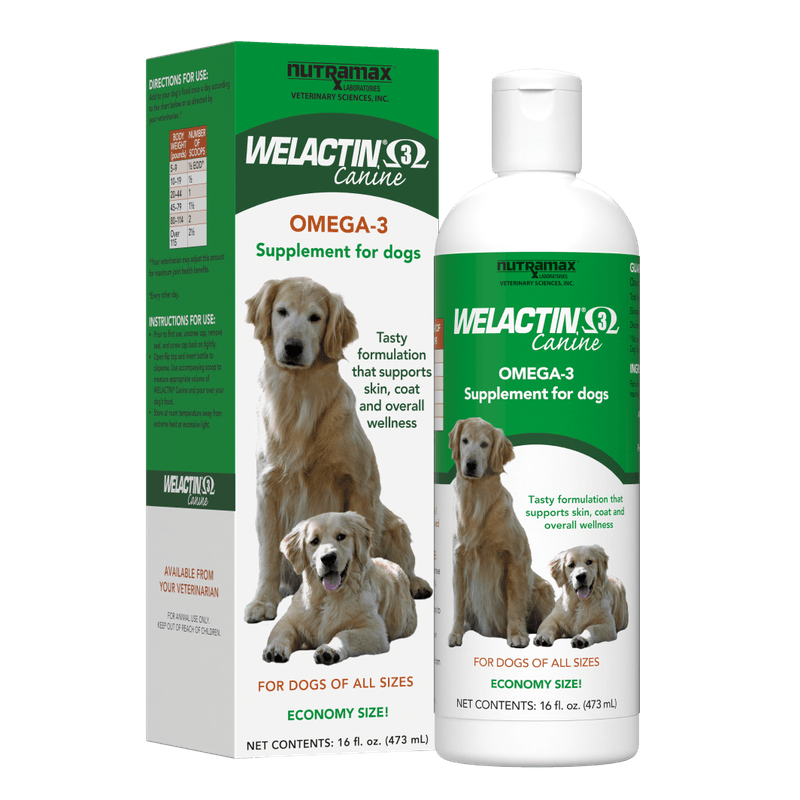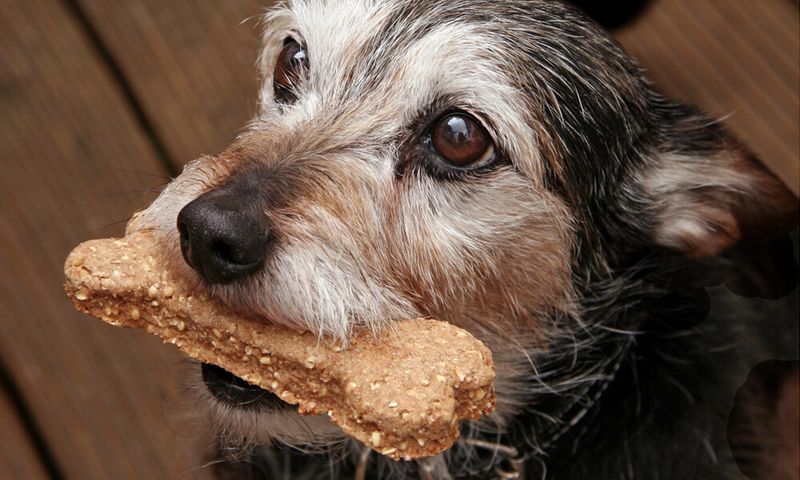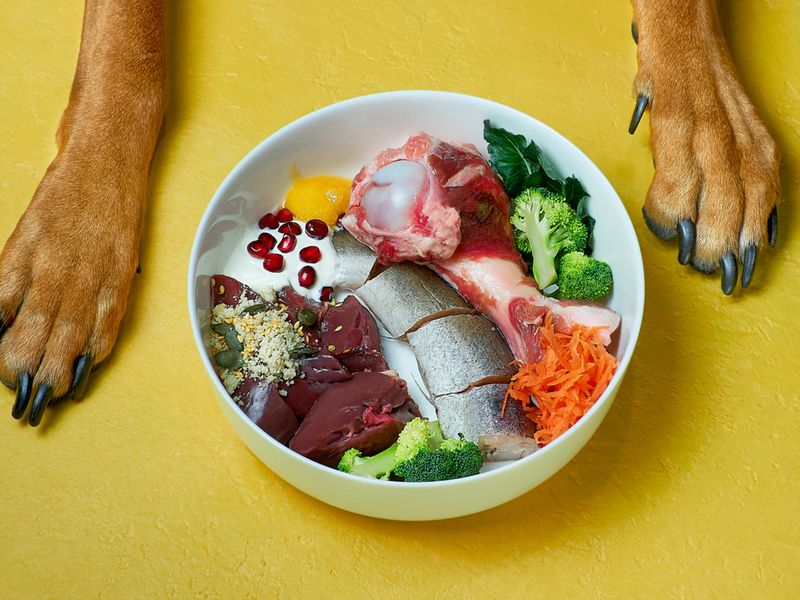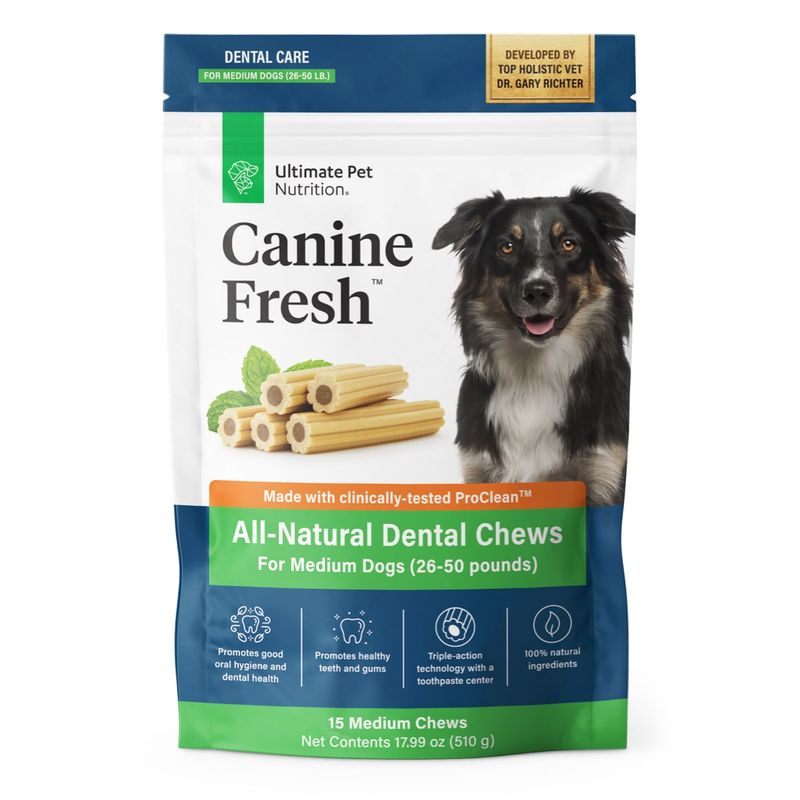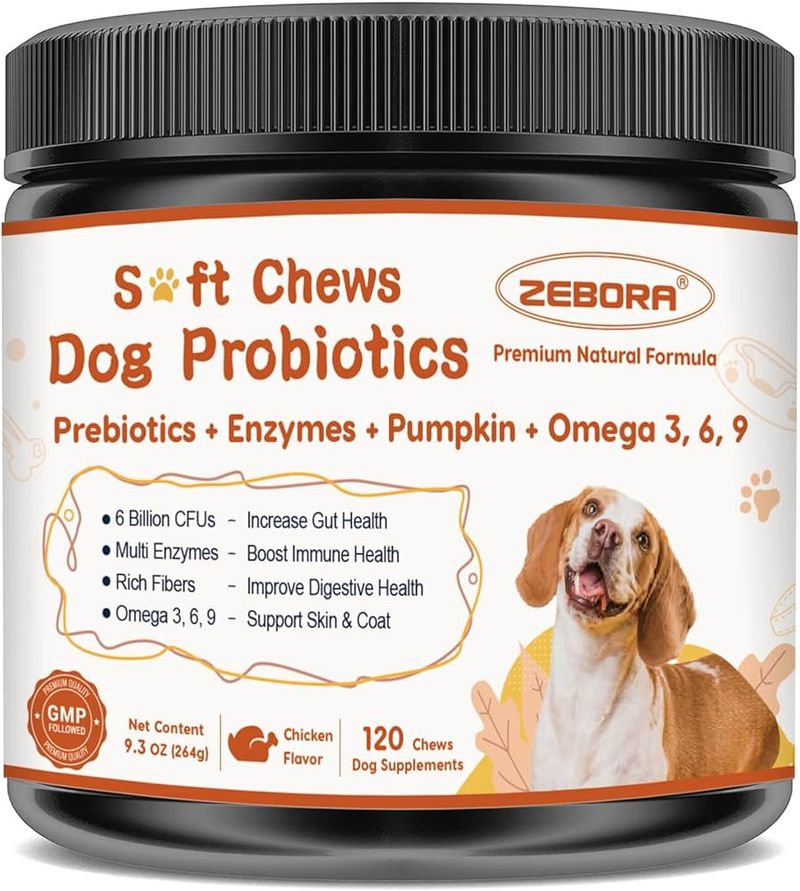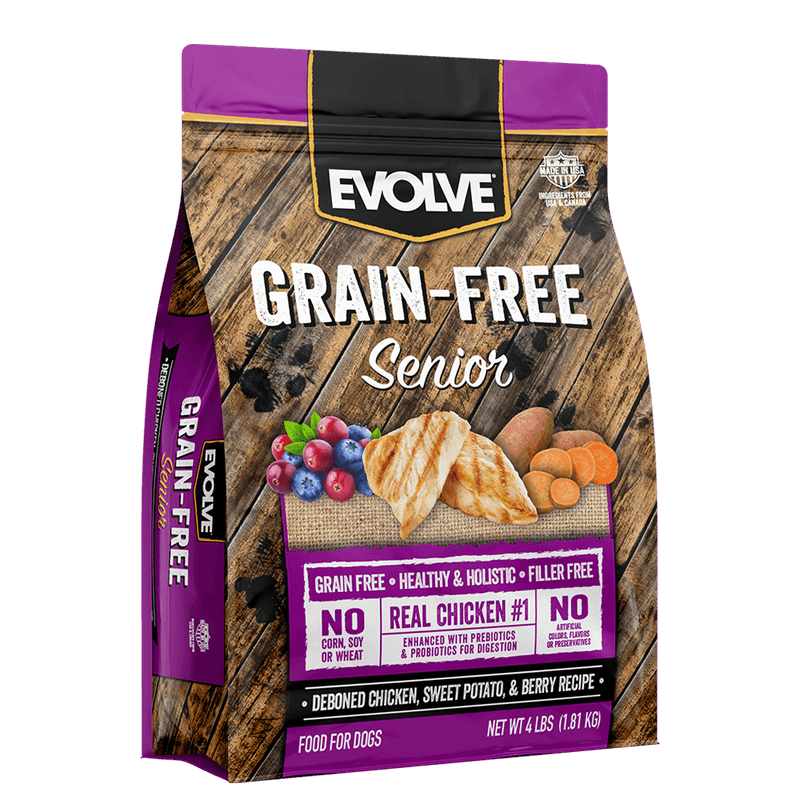Ensuring your dog lives a long and healthy life involves more than just regular vet visits and exercise. A balanced diet plays a pivotal role in maintaining their well-being. Here, we’ll explore twelve food tips that can enhance your furry friend’s vitality and longevity.
Balanced Diet
A well-balanced diet is the cornerstone of your dog’s health. Just like humans, dogs require a mix of proteins, carbohydrates, and fats to thrive. Incorporating a variety of foods ensures they receive all essential nutrients.
Proteins like chicken, beef, and fish support muscle development, while carbohydrates from vegetables provide energy. Don’t forget healthy fats for a shiny coat and brain function. Think of meals as a colorful palette of nutrients.
Did you know that certain grains, like quinoa, are packed with protein and fiber? Mixing these into meals can boost your dog’s vitality.
Portion Control
Overfeeding is a common pitfall for pet owners. Maintaining the right portion size is crucial for preventing obesity, which can lead to numerous health issues.
Begin by consulting your vet to tailor portion sizes based on your dog’s age, breed, and activity level. Regularly adjust portions if your dog gains or loses weight unexpectedly. Always use a measuring cup for precision.
Fun fact: Smaller breeds often require more calories per pound than larger breeds. Ensuring your pet’s diet is balanced with the right portions can prevent unnecessary weight gain.
Hydration
Water is the essence of life, even for dogs. Proper hydration aids in digestion, nutrient absorption, and temperature regulation.
Always provide access to fresh, clean water. Monitor your dog’s water intake, especially in hot weather or after exercise, when they may need more. A simple routine of refilling their bowl can work wonders.
Did you know? Dogs typically need about one ounce of water per pound of body weight daily. Keeping track can prevent dehydration and contribute significantly to their overall health.
Avoid Human Foods
Despite those pleading eyes, not all human foods are safe for dogs. Certain items, like chocolate, grapes, and onions, can be toxic.
Educate yourself on foods that pose risks and avoid sharing them with your pet. Instead, stick to dog-specific treats and foods. Always keep harmful foods out of reach.
Did you know? Even small amounts of some foods can be harmful. For instance, chocolate contains theobromine, which dogs metabolize very slowly, leading to potential toxicity.
Introduce Omega-3
Omega-3 fatty acids are a powerhouse for your dog’s health. They support heart health, reduce inflammation, and promote a shiny coat.
Incorporate sources like fish oil, salmon, or flaxseeds into their diet. These nutrients can help alleviate joint pain and improve cognitive function. A sprinkle in their food can make a world of difference.
Fun fact: Dogs suffering from arthritis and other inflammatory conditions may show improvement with omega-3-rich diets. Keeping these nutrients in their meals is essential for long-term well-being.
Limit Treats
Treats are delightful, but moderation is key. Overindulgence can lead to weight gain and nutritional imbalance.
Use treats sparingly, mainly as rewards during training. Opt for healthier options like carrots or small apple slices. Always consider the caloric content of treats in their daily intake.
Did you know? Occasional indulgence is fine, but treats should never exceed 10% of your dog’s total diet. Maintaining this balance helps prevent obesity and related health issues.
Raw Food Diet
The raw food diet has gained popularity for its natural approach, simulating what dogs might eat in the wild.
Proponents claim it leads to shinier coats and healthier teeth. However, it requires careful planning to ensure a nutritional balance and to avoid potential pathogen exposure. Consulting a vet is crucial.
Fun fact: Raw diets can sometimes include bones, but these should always be raw and never cooked to prevent splintering. This diet can provide more protein and less carbohydrate, which some dogs thrive on.
Dental Health Snacks
Dental health is as vital as nutrition. Offering dental treats can aid in reducing plaque and tartar buildup.
Chew toys and dental sticks not only entertain but also support oral hygiene. Regular chewing can decrease the risk of dental diseases, enhancing their overall health.
Did you know? Dogs with clean teeth often have fresher breath. Incorporating dental snacks into their routine ensures those pearly whites stay healthy longer.
Probiotic Supplements
Probiotics are beneficial bacteria that support your dog’s digestive system and overall immune health.
Introducing probiotic supplements can help with issues like diarrhea and improve nutrient absorption. Look for products specifically designed for dogs, available in powders or chewable forms.
Fun fact: Dogs, like humans, have a gut microbiome. Keeping it balanced can enhance their mood and energy levels. Probiotics are an easy addition to their diet, promoting long-term wellness.
Grain-Free Options
Grain-free diets have become popular, especially for dogs with sensitivities or allergies.
These diets focus on protein and vegetables, avoiding grains like wheat and corn. They can benefit dogs with digestive issues, providing a more tailored approach to nutrition.
Did you know? While some dogs thrive on grain-free diets, others may not. It’s essential to monitor your dog’s response and consult with a vet before making significant changes.
Senior Dog Nutrition
As dogs age, their nutritional needs change. Senior dogs require diets that support joint health and weight management.
Foods rich in glucosamine and chondroitin can aid in maintaining mobility, while lower-calorie options prevent weight gain. Tailoring their diet ensures they age gracefully.
Did you know? Senior dogs often benefit from foods with added antioxidants, which combat free radicals and support cognitive function. Adjusting their diet as they age is key to their happiness and longevity.
Organic and Natural Foods
Organic and natural dog foods focus on quality ingredients without pesticides or artificial additives.
These foods can reduce exposure to harmful chemicals and provide a diet closer to what nature intended. Opting for organic ensures peace of mind about what goes into your dog’s bowl.
Did you know? Despite the higher cost, many pet owners find the benefits of organic foods—like fewer allergies and better coat condition—worth the investment. Prioritizing quality can make a significant difference.
